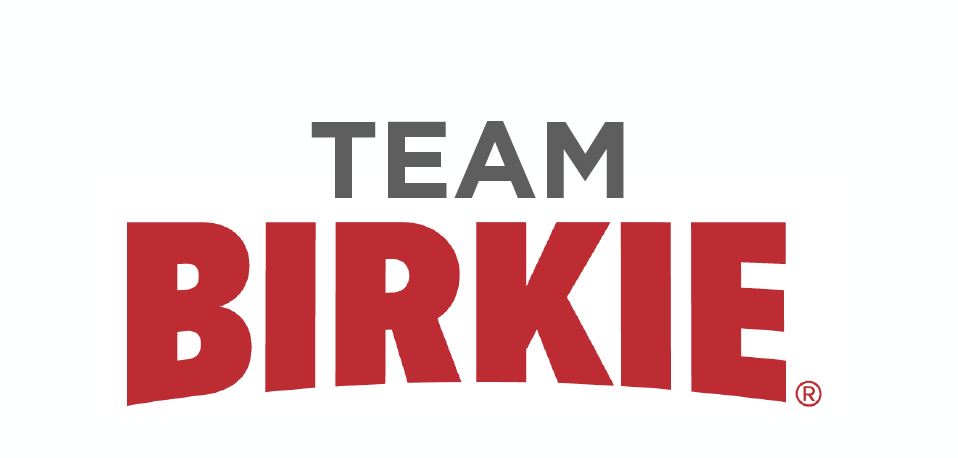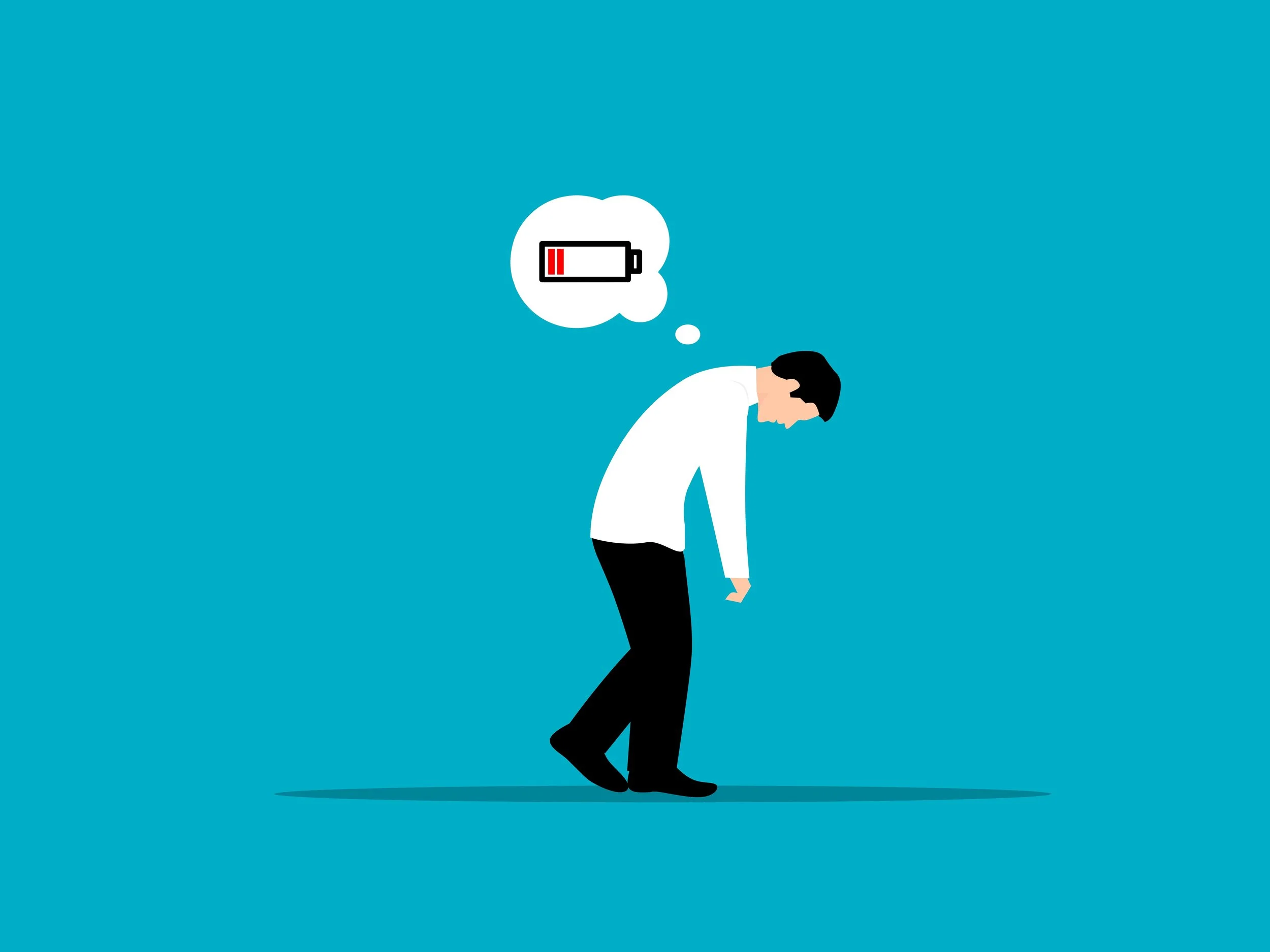Changing of the Seasons and Burnout with Mental Performance Coach Abby
Hello and welcome back!
We are following-up on the last two blogs on US skiing and the power of the brain. This time, even more fall related.
It is November and we are closer to the season. It’s colder out and the days are feeling shorter with the decrease in daylight. This last part of the fall can be tricky as it makes it harder to plan your training, people at school or work are sick, you’re maybe feeling more tired and sleepy in general, and on top of that, you are supposed to prepare for lots of races coming up.
We feel with you, and it is totally normal this time of year.
However, we think there are things you can do to make it easier on yourself - first of all, give yourself some time, relax and take care of yourself if you do catch an illness - better to rest than make something lingering become something huge.
The fall requires a lot from your body both physically and mentally. We wanted to ask our team what they focus on during this time and how to make sure the fall makes you stronger, faster and happier rather than the complete opposite.
Here are some of the responses that may be a good reminder for all of us!
- Dress properly
o We certainly do not want to underdress, but we also don’t want to overdress as that can make the workout feel way worse than it has to – layers, layers, layers.
o Always change right after a workout – even if it is not that cold, the new layer of clothes will help start your recovery right away
o Shower – shower as quickly as possible to signal to your body that you are ready to recover
- Fuel well
o Drink enough even if you are not as thirsty as you might have been when it was 100F and 90% humidity outside. Hydration is key!
o Recovery snack right away - consume a bar or whatever you prefer as quickly as possible
- Sleep enough
o Good sleep can do wonders for the body - read up on good sleep routines and prioritize it. Sleep is such a great and free recovery tool!
Also, if you are feeling very tired, outside of normal fatigue and soreness from hard workouts, your training is not productive and you feel low and lack of passion and motivation for a longer period, make sure to address that with someone you trust earlier, rather than later.
We asked mental performance coach Abby Reckinger about the distinction between burnout and overtraining, two common situations for athletes of any age. Abby is emphasizing the psychological exhaustion burnout entails. Recognizing signs like decreased self-esteem and diminishing passion for skiing is crucial.
To start, how do I recognize signs of burnout, and what can I do to prevent it?
Abby: I think it can be helpful for athletes to understand the difference between burnout and overtraining. Burnout is a more extreme psychological syndrome where athletes experience both physical and emotional or mental exhaustion. Athletes may begin to value their sport and training less and feel less of a sense of accomplishment even when they have a good performance or training session. For example, a skier might get to a point where they feel like their goal of what it will take to make an international or world cup race isn’t worth the cost (training, time away from friends/family, financial burden, pain, etc.)
Overtraining may come before an athlete is truly burned out. Symptoms of this are typically physical exhaustion and/or pain and can be experienced when athletes train beyond what is ideal for their maximum benefit. Generally, these symptoms persist for several months and athletes can’t seem to bounce back in the short-term.
· Some symptoms of burnout:
o Increased resting and exercising HR
o Muscle soreness or chronic muscle fatigue
o Sleep loss
o Getting sick more frequently
o Decreased muscle glycogen levels
o Decreased appetite
o Weight loss
o Frequent differences in mood (more crabby, less motivated, less patience, less focus)
o Athlete believes they are mentally and physically exhausted
o Value sport less
o Reduced sense of accomplishment
o Decreased self-esteem
o Feel lack of connection to teammates and coaches
· Some ideas for burnout prevention:
o Utilize a support team, like the one Team Birkie is building with teammates, trainers, doctors, nutritionists, mental performance coaches, etc.
o Become aware of what you need and which people in your circle can best provide that support. If you are looking for advice on how to improve your striding, who is the best person to ask? If you are looking for someone to simply listen to you vent without trying to solve your problem, who is the best person to ask?
o Recovery is crucial for both your body and mind. Start to understand what you need to be at your best and advocate for it.
o Define and remember why you ski.
o Utilize process goals that help you reach smaller goals more frequently as you work toward bigger, outcome type goals.
o Remember that you are more than a skier. Find ways to utilize the other aspects of your identity. That might look like volunteering, cooking, or painting.
o Find ways to connect with family and friends outside of sport.
o Talk with a coach so you feel like you have a choice and a voice in your training plan.
o Change up your workouts. If roller-skiing is getting monotonous, talk with a coach and see if there something else you could do for one workout instead. Try different roller ski and running routes and go to new locations when you can.
Thank you for reading and we believe you are now all set to face it all!
Thanks to our Mental Performance Coach Abby Reckinger for great insights.
You can reach her at Champion Mind Website




